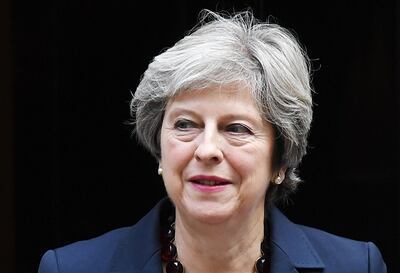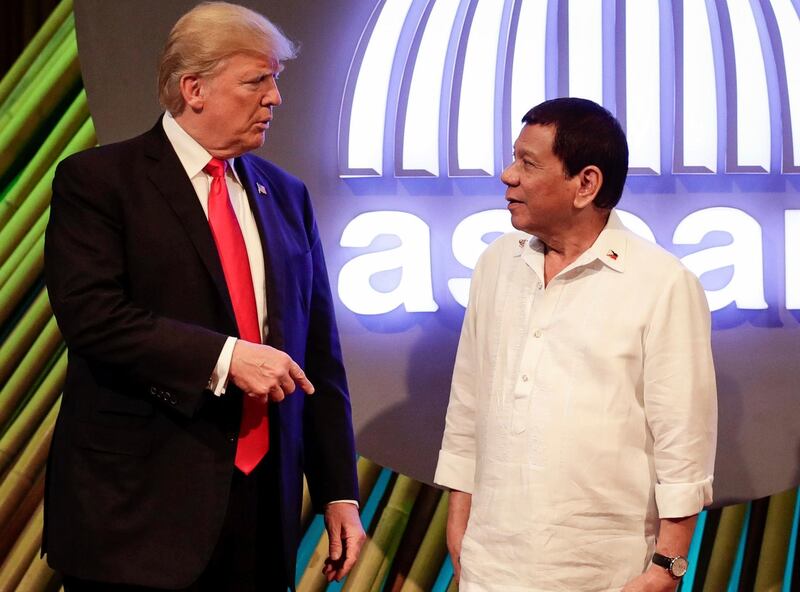Leaders of the Philippines and the Czech Republic have reportedly expressed interest in moving their embassies to Jerusalem, after US President Donald Trump announced he would be relocating his country's embassy.
Philippine President Rodrigo Duterte is considering moving his country's embassy from Tel Aviv to Jerusalem, according to Israel's Channel 1 news.
On Wednesday evening, Mr Trump went on live television to reverse decades of US policy and declare Jerusalem the capital of Israel.
_______________
Read more:
[ Trump recognises Jerusalem as Israel’s capital ]
[ Palestinians warn new intifada possible as Trump recognises Jerusalem as Israel capital ]
_______________
"I have determined that it's time to officially recognise Jerusalem as the capital of Israel," he said, judging it to be in the best interests of the USA and the "pursuit of peace between Israel and the Palestinians".
British Prime Minister Theresa May said she disagreed with the decision to recognise Jerusalem because it was unlikely to help efforts to bring peace to the region.

Jerusalem should ultimately be shared between Israel and a future Palestinian state, Mrs May's spokesman said.
"We disagree with the US decision to move its embassy to Jerusalem and recognise Jerusalem as the Israeli capital before a final status agreement," the spokesman said. "We believe it is unhelpful in terms of prospects for peace in the region."
President Trump reversed decades of US policy despite warnings from around the world that the gesture further drives a wedge between Israel and the Palestinians.
Mr Trump sparked outrage in Britain last week after he issued a sharp rebuke of Mrs May on Twitter after she criticised him for retweeting British far-right anti-Islam videos.
Mrs May's spokesman welcomed Mr Trump's desire to end the conflict and his acknowledgement that the final status of Jerusalem, including boundaries within the city, must be subject to negotiations between the Israelis and the Palestinians.
"We encourage the US Administration to now bring forward detailed proposals for an Israel-Palestinian settlement," he said.
While the European Union's chief diplomat voiced "serious concern" about the decision.
"The aspirations of both parties must be fulfilled and a way must be found through negotiations to resolve the status of Jerusalem as the future capital of both states," said Federica Mogherini, referring to Israelis and Palestinians.





